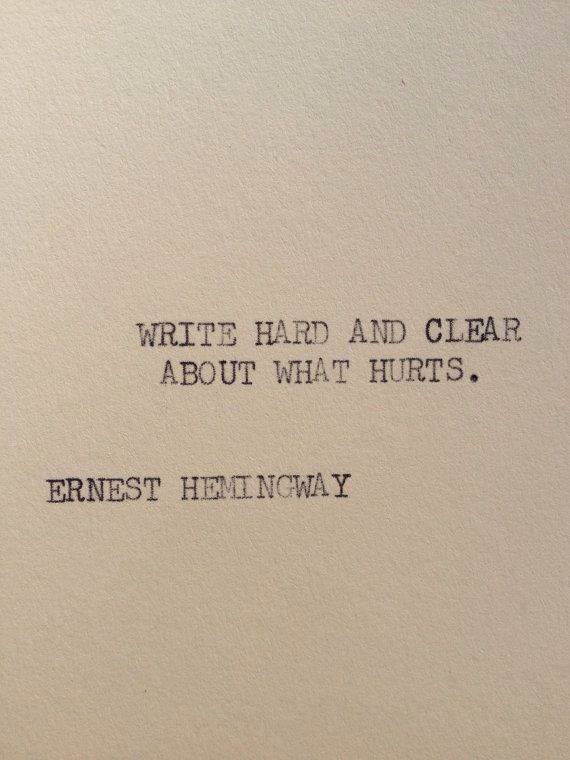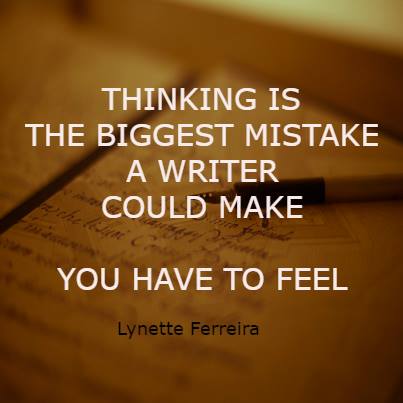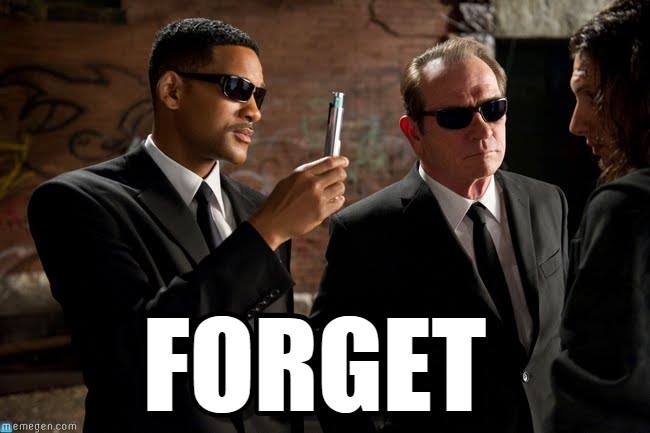From special guest author, Lynette Ferreira!
When I started writing in 2008, I had an amazing idea for a story.
Before that, I had many story ideas but usually my word max was a thousand words, so I would stop and the story would eventually get binned. After all, I wasn’t an author and I did not have time to waste on frivolous things and dreams.
The story idea in 2008 was different though, the story just kept coming and coming until I basically lived in Elizabeth’s world. I thought like her, I imagined being her, I loved Jared and Joshua both in different ways. When I finished writing My Recycled Soul, I wrote SPAM, When We Love, ForNever (One) and the first chapters of many of my unpublished stories. I enjoyed this process of immersing myself into the lives of the characters in my stories.
The story idea in 2008 was different though, the story just kept coming and coming until I basically lived in Elizabeth’s world. I thought like her, I imagined being her, I loved Jared and Joshua both in different ways. When I finished writing My Recycled Soul, I wrote SPAM, When We Love, ForNever (One) and the first chapters of many of my unpublished stories. I enjoyed this process of immersing myself into the lives of the characters in my stories.
Then!
I wanted to add a qualification in creative writing to my author bio so I went on a writing course. There I was told, to write a good story I had to worry about the writing and the prose. I had to learn how to plot.
After going on the course, I don’t get lost in my stories any more. I write according to a formula and I do think that sometimes I write a story just for the sake of writing a story. Does this mean my readers will only read it for the sake of reading a story – the same old story told a million times over just with different names and settings?
I wanted to add a qualification in creative writing to my author bio so I went on a writing course. There I was told, to write a good story I had to worry about the writing and the prose. I had to learn how to plot.
After going on the course, I don’t get lost in my stories any more. I write according to a formula and I do think that sometimes I write a story just for the sake of writing a story. Does this mean my readers will only read it for the sake of reading a story – the same old story told a million times over just with different names and settings?
I now realize, like most art-forms, writing is a combination of instinct and craft. The craft part is the part you are taught at school – how to write sentences, how to use grammar, how to spell, how to use synonyms, etc. However, the part that cannot be taught, is instinct – how to tell a story, how to get readers interested in the lives of the characters, to emphasize and to relate, to be totally immersed in a story as if the person on the pages are real. I think real readers are not worried about how the book was written, all they want to do is find out what happens in the story next.
Next time you see some fancy qualification in an author bio, your first thought should be (as mine should have been): So what? Can you write a story, never told before?
In hindsight, going on a creative writing course was the worst thing I had ever done, and if I could rewind the clock I would.
Next time you see some fancy qualification in an author bio, your first thought should be (as mine should have been): So what? Can you write a story, never told before?
In hindsight, going on a creative writing course was the worst thing I had ever done, and if I could rewind the clock I would.




 RSS Feed
RSS Feed
